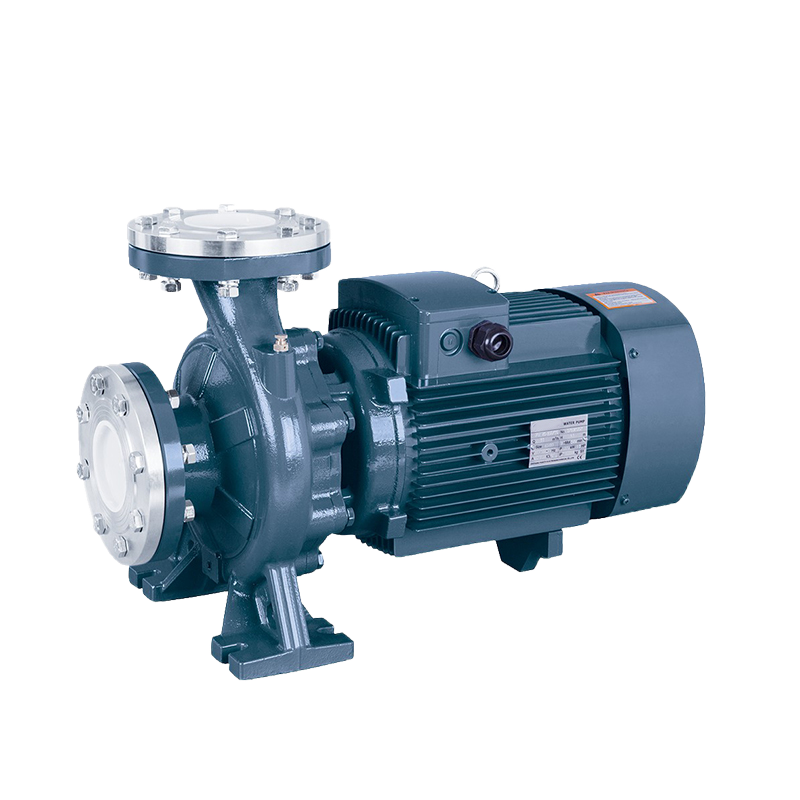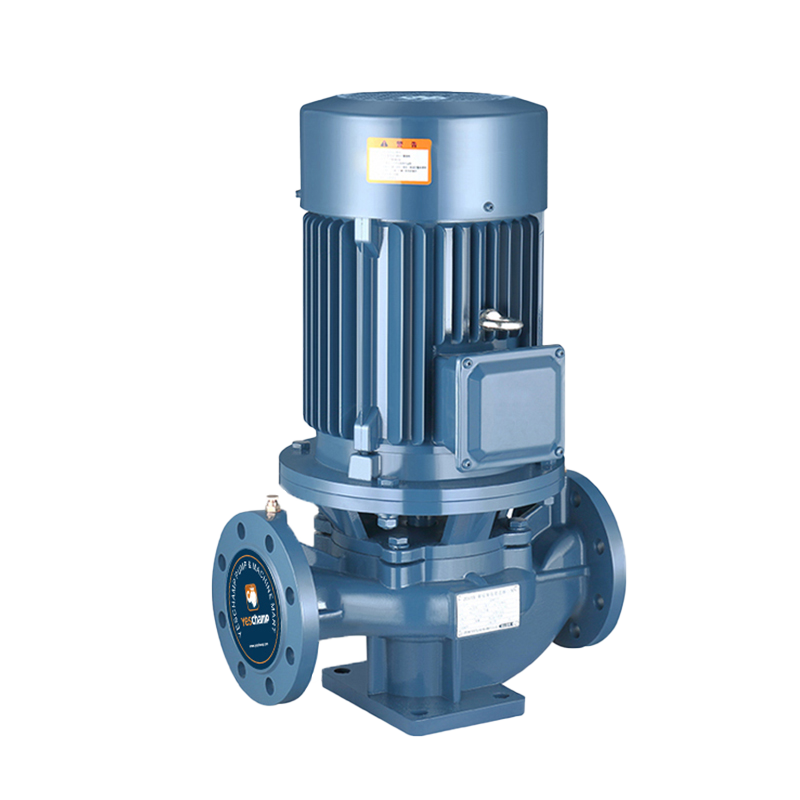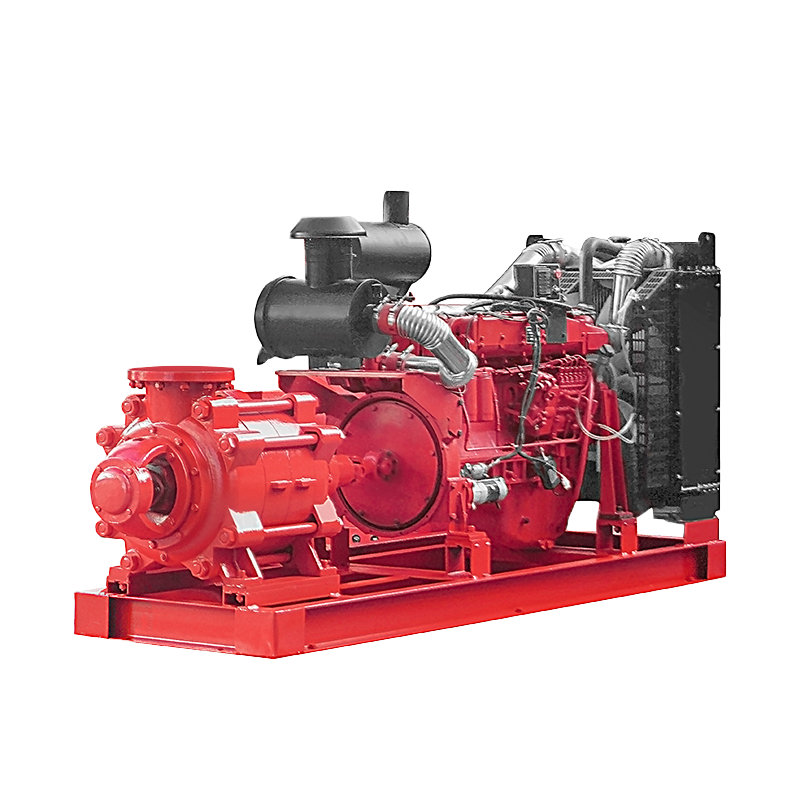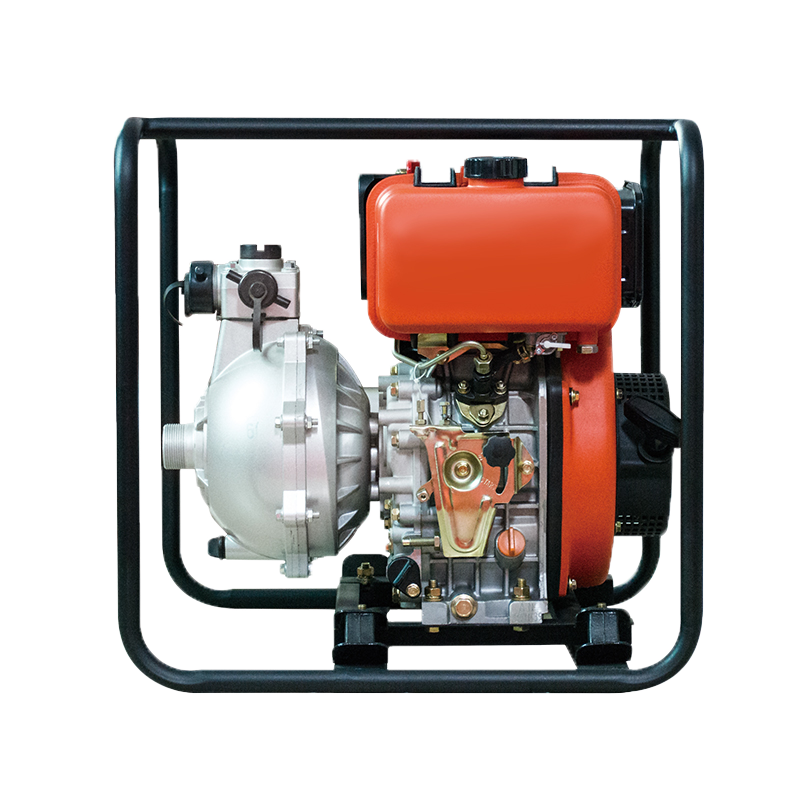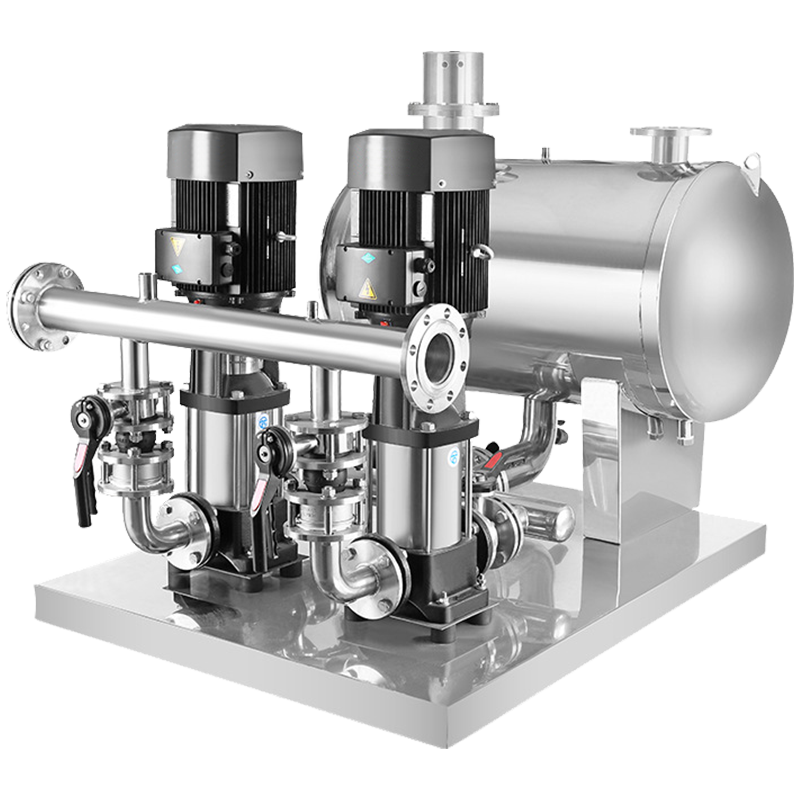Centrifugal Pumps: An Essential Guide to Efficient Fluid Transfer
Centrifugal pumps are one of the widely used pump types in the world, designed for transferring fluids efficiently in industrial, commercial, and residential applications. With a simple yet effective mechanism, centrifugal pumps offer high versatility and reliability, making them an essential component in industries such as water supply, manufacturing, oil and gas, agriculture, and HVAC systems.
What Is a Centrifugal Pump?
A centrifugal pump is a mechanical device that uses rotational energy from an impeller to move fluids. It works by converting mechanical energy into hydraulic energy, increasing the velocity and pressure of the fluid being pumped.
Centrifugal pumps are available in a range of sizes and configurations, including single-stage, multi-stage, horizontal, and vertical pumps, to suit various applications and performance requirements.
Key Features of Centrifugal Pumps
Centrifugal pumps are equipped with unique features that enhance their performance and adaptability:
1. Simple Design
Fewer components make these pumps easy to install, operate, and maintain.
2. High Efficiency
Optimized for continuous operation with minimal energy consumption.
3. Versatile Configuration Options
Available in single-stage or multi-stage designs, as well as horizontal or vertical orientations.
4. Wide Range of Applications
Suitable for handling water, chemicals, oils, and other fluids.
5. Durable Construction
Made with materials like cast iron, stainless steel, or bronze to withstand challenging environments.
6. Customizable Components
Features such as impeller size, casing material, and seal type can be tailored to specific requirements.
7. Quiet Operation
Produces minimal noise and vibration, ensuring a safer and more comfortable working environment.
Benefits of Centrifugal Pumps
Centrifugal pumps offer several advantages, making them a popular choice for fluid transfer tasks:
1. Cost-Effective Operation
Their high efficiency and simple design reduce energy and maintenance costs.
2. High Reliability
Designed for continuous operation, ensuring consistent performance over time.
3. Low Maintenance Requirements
Minimal moving parts mean less wear and tear, reducing the need for frequent repairs.
4. Versatility
Can handle a wide range of fluids, from clean water to corrosive chemicals.
5. Scalability
Available in various sizes and configurations to meet small-scale and large-scale operational needs.
6. Environmentally Friendly
Energy-efficient models help reduce overall carbon footprints.
Applications of Centrifugal Pumps
Centrifugal pumps are used in a variety of industries and applications, including:
1. Water Supply Systems
Pumping water for municipal, industrial, and residential uses.
2. HVAC Systems
Circulating water in heating, ventilation, and air conditioning systems for temperature regulation.
3. Irrigation Systems
Delivering water to agricultural fields through drip and sprinkler systems.
4. Chemical Processing
Transporting chemicals and corrosive liquids in industrial plants.
5. Oil and Gas Industry
Handling crude oil, refined products, and other fluids in upstream and downstream operations.
6. Food and Beverage Industry
Pumping liquids like juices, milk, and other food-grade fluids.
7. Power Generation
Used in boiler feedwater systems and cooling water circulation in power plants.
8. Fire Fighting Systems
Delivering high-pressure water for fire suppression systems in commercial and industrial facilities.
The centrifugal pump is a highly efficient and versatile solution for fluid transfer in a wide range of applications. Its simple design, durability, and scalability make it an essential tool for industries like water supply, HVAC, agriculture, and chemical processing.
When selecting a centrifugal pump, consider factors such as flow rate, pressure, fluid properties, and energy efficiency to ensure it meets your specific needs. Proper maintenance will maximize the pump’s lifespan and performance, making it a valuable investment for your operations.
 English
English عربى
عربى
 Fire Pump and System
Fire Pump and System Split Case Pump
Split Case Pump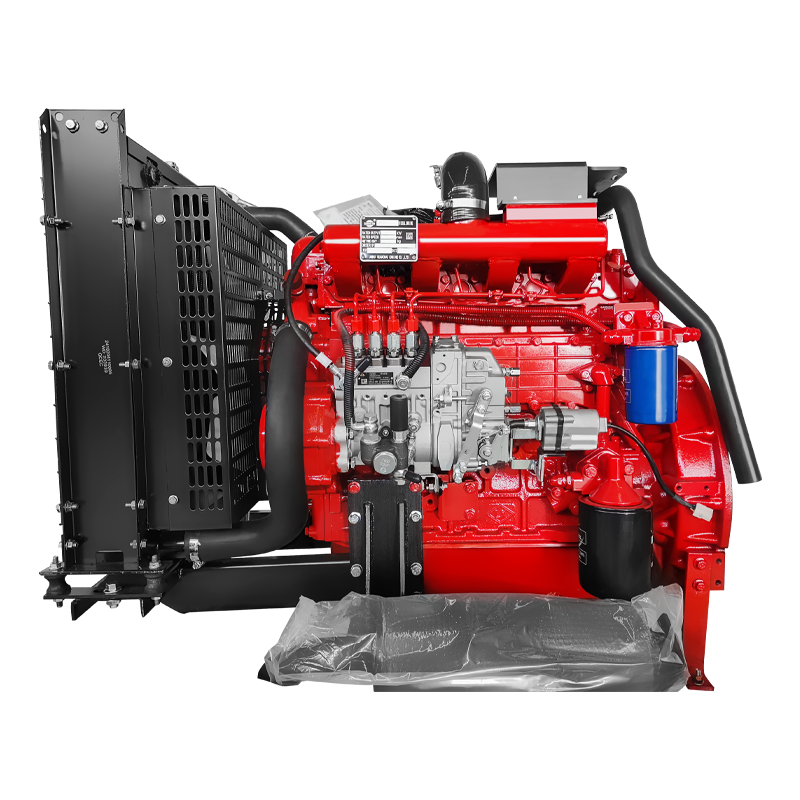 Engine and Pump
Engine and Pump Long Shaft Pump
Long Shaft Pump Multistage pump
Multistage pump Water Supplier System
Water Supplier System Sewage Pump
Sewage Pump Industrial Pump
Industrial Pump Self-Priming Pump
Self-Priming Pump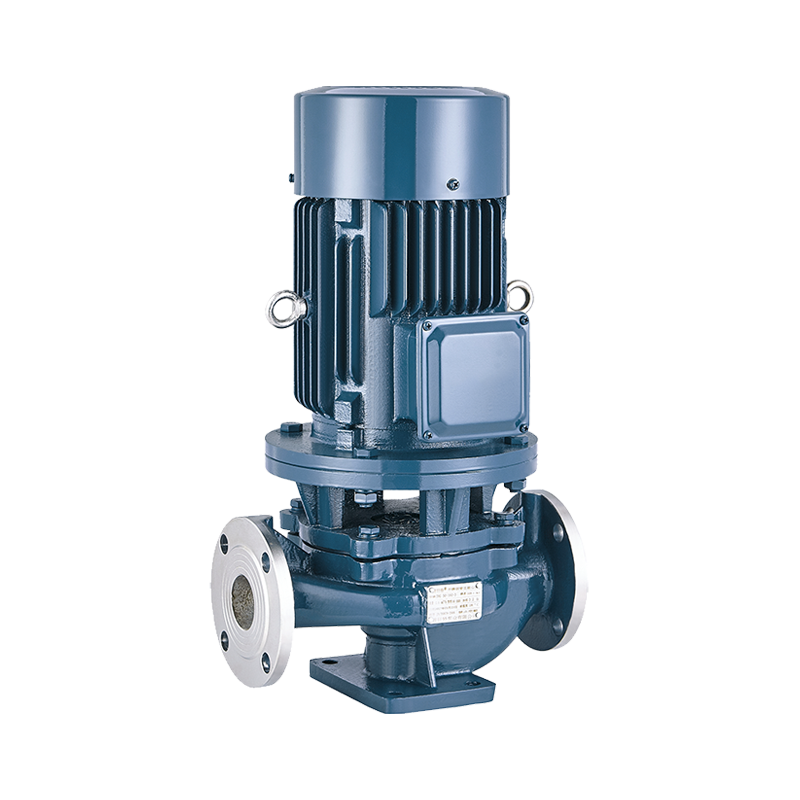 Inline Pump
Inline Pump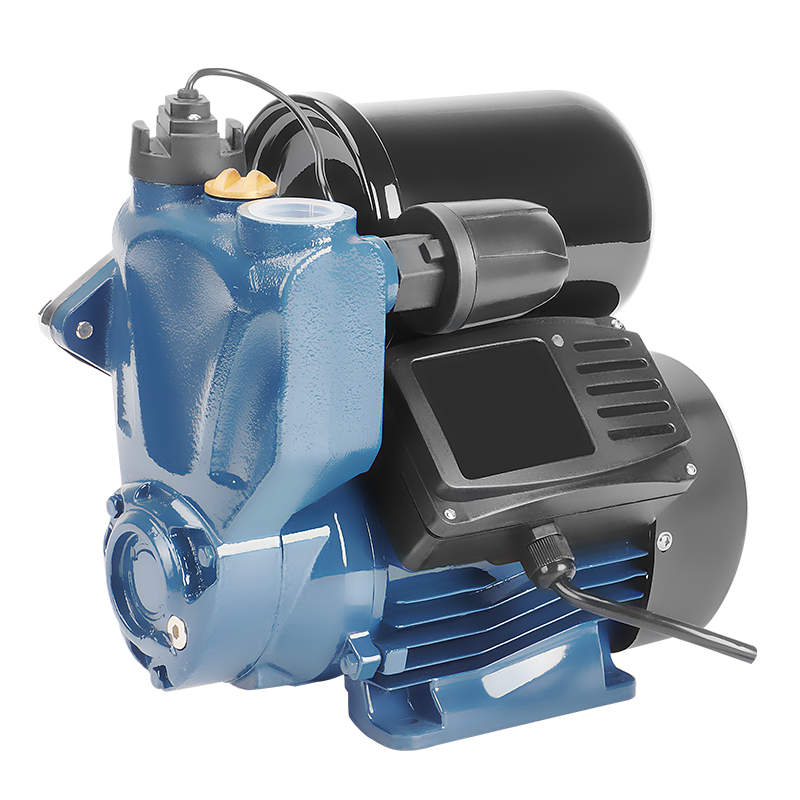 Domestic Pump
Domestic Pump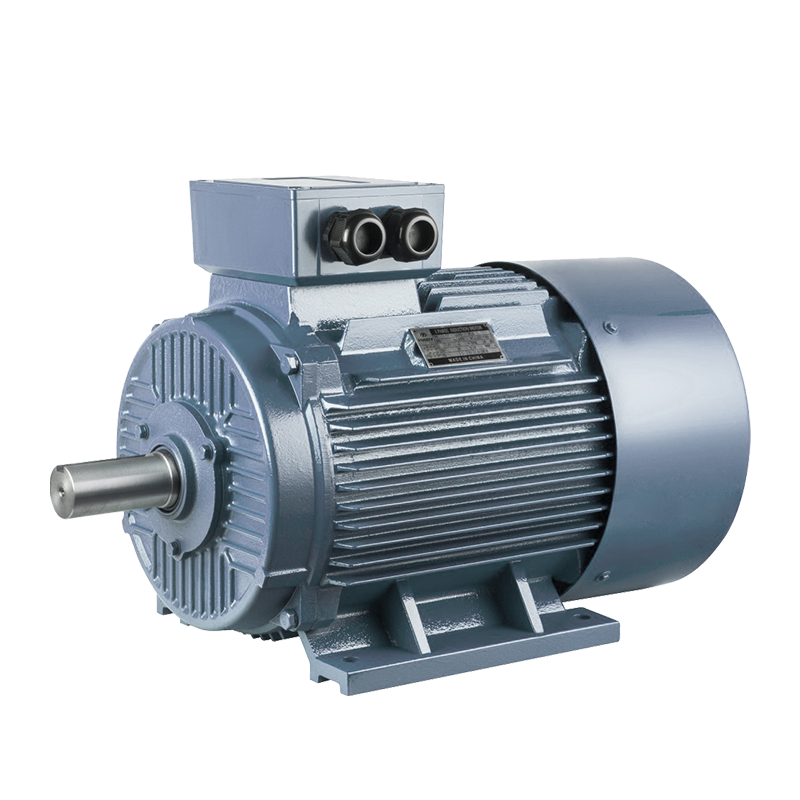 Electric Motor
Electric Motor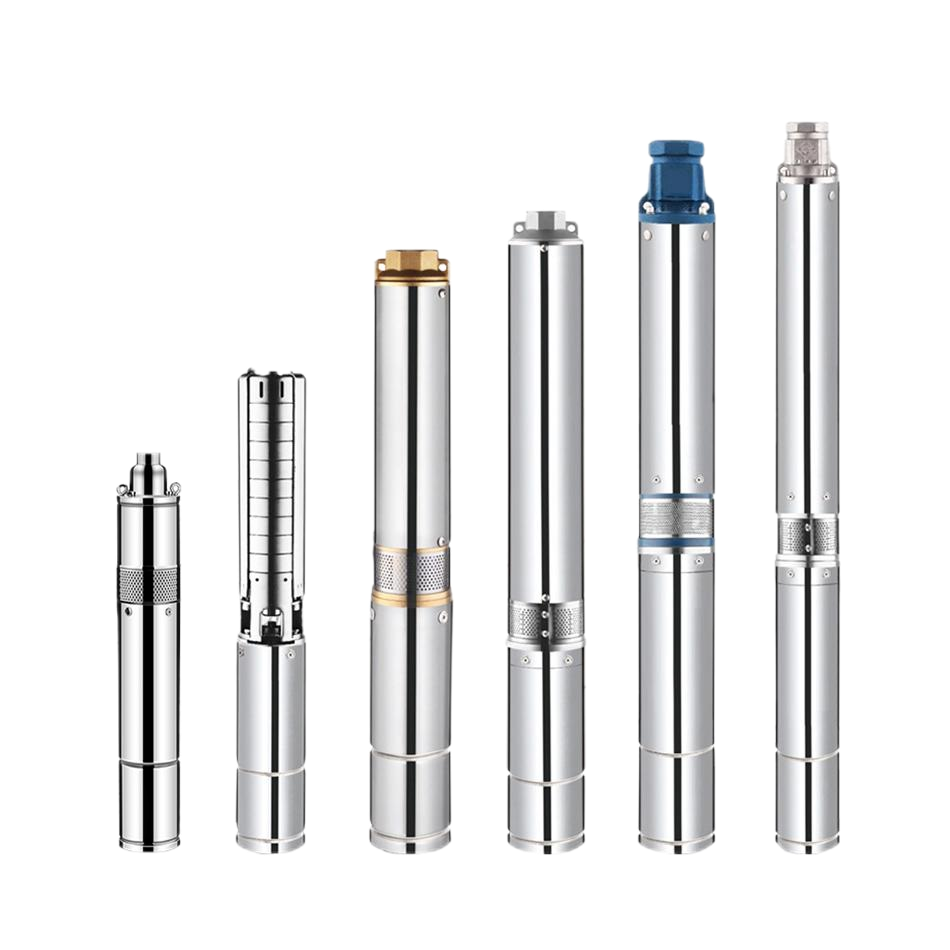 Borehole Pump
Borehole Pump


